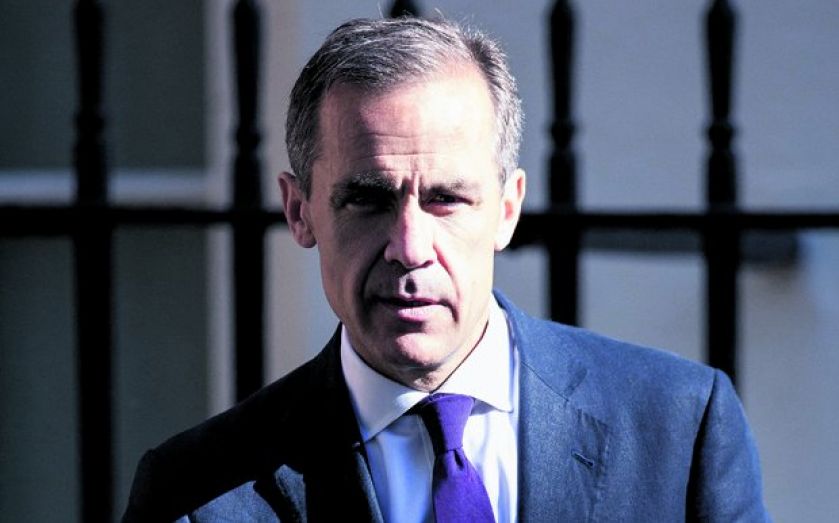Mixed messages on interest rates from Bank of England prompt criticism

City economists clashed with Mark Carney yesterday, challenging the Bank of England governor’s insistence that “clear guidance” is being provided on when interest rates will finally begin to rise.
The latest monetary policy committee (MPC) minutes yesterday showed another unanimous decision to hold bank rate at 0.5 per cent, even as Carney told a Glasgow audience that rates “will need to start to rise”, and that “the UK economy is starting to head back to normal”.
The MPC straddled the fence, saying both that the risk that a small rise in rates would derail growth had receded, and that an unexpected hike while real wages were still not rising could “destabilise the recovery”.
Some experts were less than impressed with the transparency of the Bank’s communication. BDO’s Peter Hemington said: “We still don’t know when interest rates will rise and businesses cannot plan for growth on the basis of vague or conflicting statements – policy makers can do more to provide certainty.”
Since the governor’s speech at Mansion House last month, at which he hinted that rates could rise sooner than markets expect, policymakers have returned to putting a strong emphasis on weak growth in wages.
“The MPC needs to be a little careful here, as it may look like it is changing the goal posts on which to assess policy yet again,” said David Tinsley of BNP Paribas. Brian Hilliard of Societe Generale added that doveish statements on wage growth had “muddied the waters”.
Research released this morning from the Resolution Foundation showed what is at stake. If market expectations that bank rate will rise to three per cent by 2018 are correct, the number of “highly geared” families spending more than a third of their income on mortgage repayments is forecast to more than double to 2.3m.
And the number spending more than half their earnings on debt repayments could spike from 0.6 to 1.1 per cent.